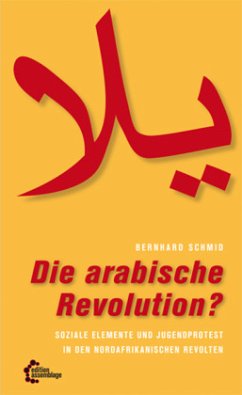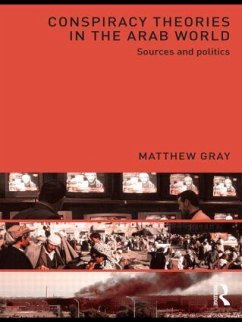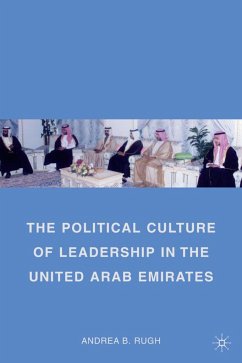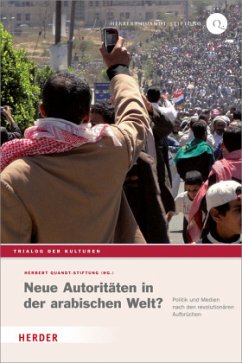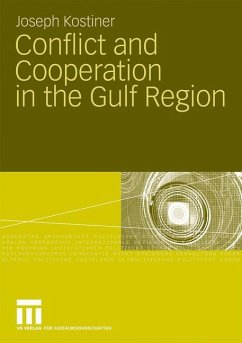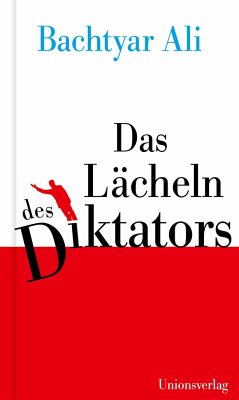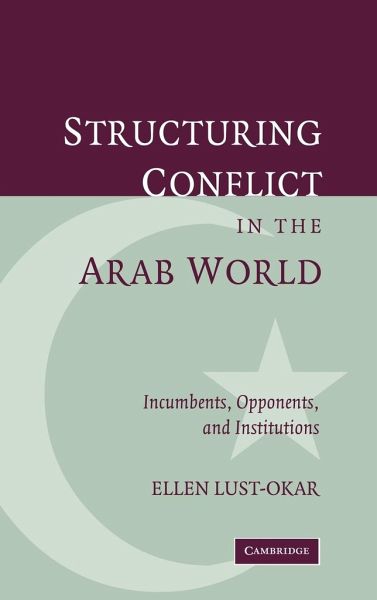
Structuring Conflict in the Arab World
Versandkostenfrei!
Versandfertig in 1-2 Wochen
105,99 €
inkl. MwSt.
Weitere Ausgaben:

PAYBACK Punkte
53 °P sammeln!
This book examines how ruling elites manage and manipulate their political opposition in the Middle East. In contrast to discussions of government-opposition relations that focus on how rulers either punish or co-opt opponents, this book focuses on the effect of institutional rules governing the opposition. It argues rules determining who is and is not allowed to participate in the formal political arena affect not only the relationships between opponents and the state, but also between various opposition groups. This affects the dynamics of opposition during prolonged economic crises. It also...
This book examines how ruling elites manage and manipulate their political opposition in the Middle East. In contrast to discussions of government-opposition relations that focus on how rulers either punish or co-opt opponents, this book focuses on the effect of institutional rules governing the opposition. It argues rules determining who is and is not allowed to participate in the formal political arena affect not only the relationships between opponents and the state, but also between various opposition groups. This affects the dynamics of opposition during prolonged economic crises. It also shapes the informal strategies that ruling elites use toward opponents. The argument is presented using a formal model of government-opposition relations. It is demonstrated in the cases of Egypt under Presidents Nasir, Sadat and Mubarek; Jordan under King Husayn; and Morocco under King Hasan II.





